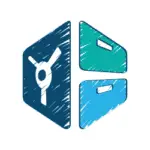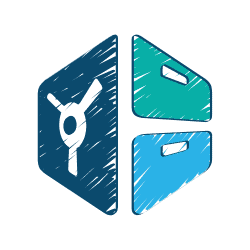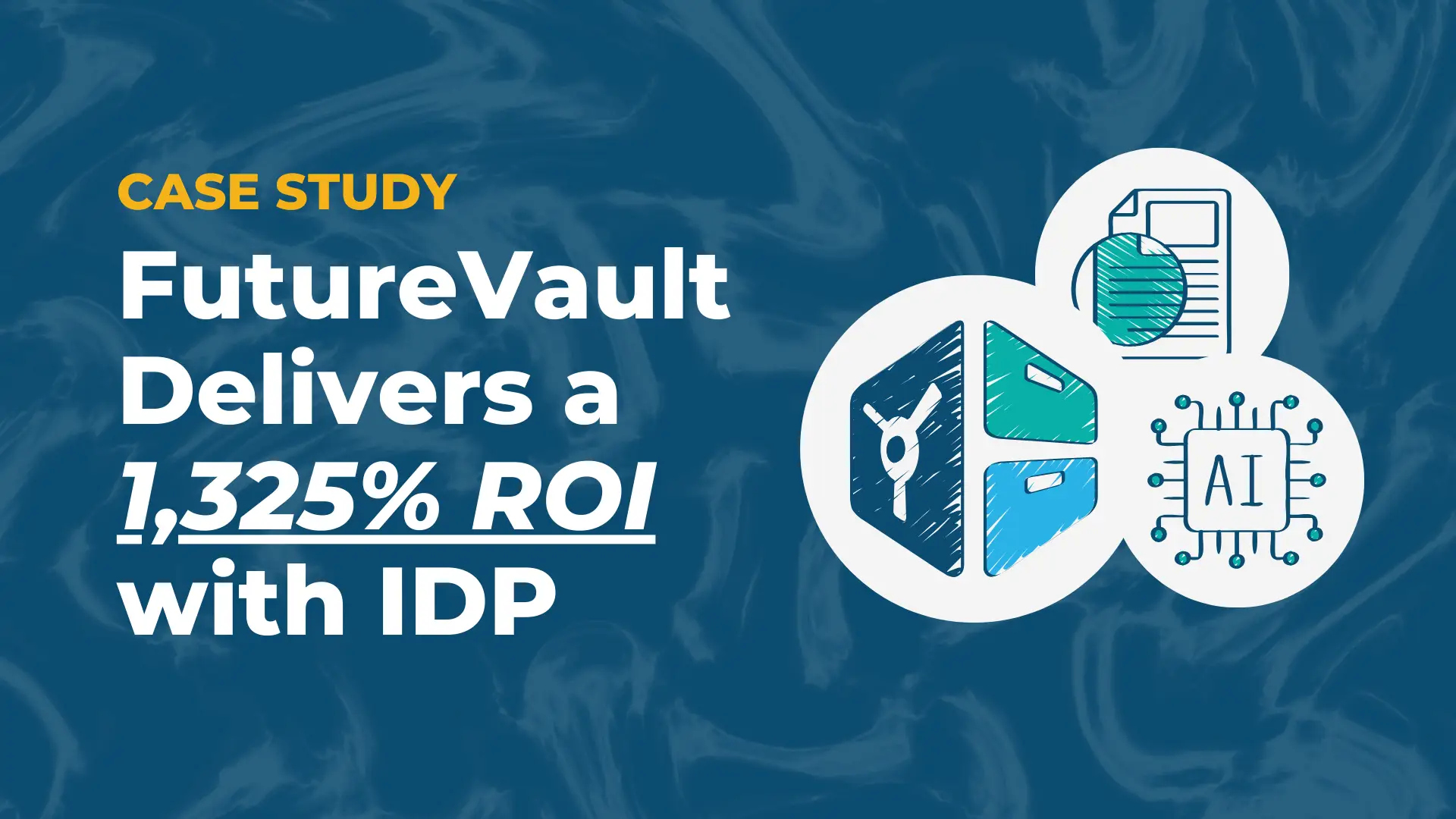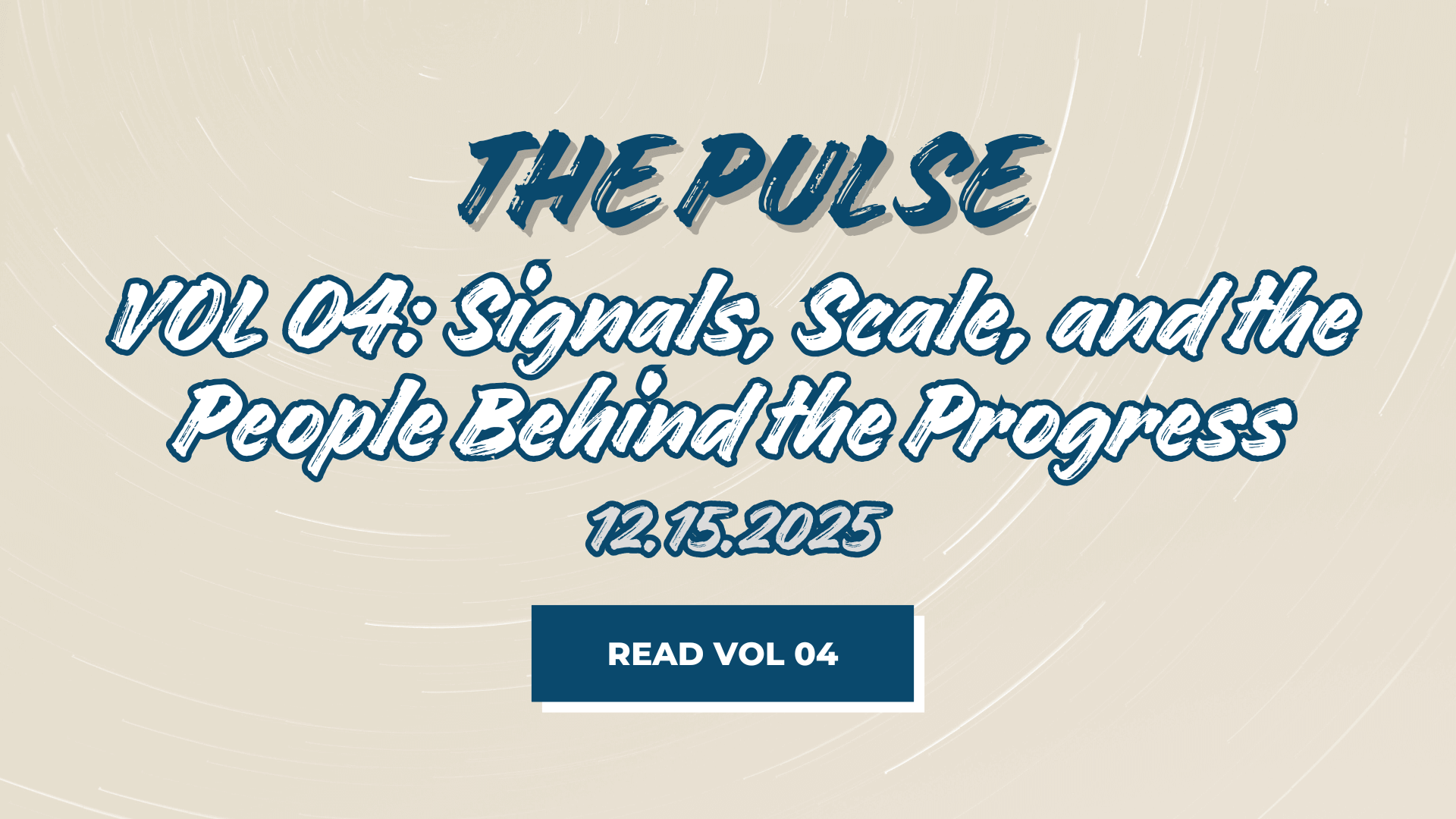The rapid development of today’s disruptive fintech platforms is bound to change the way everyone manages their personal lives including both their wealth and their information. From private individuals and small enterprises to the largest multinational corporations in the world, all business models across industries are poised to be disrupted by new fintech innovations.
Fintech in the B2B Space
One of the most promising developments in B2B fintech is a platform called myPOS. “The myPOS concept has always been ‘business-in-a-box.’ Ultimately, the platform helps small and medium-sized businesses grow,” explains myPOS CEO Christo Georgiev. The platform accomplishes this by providing payment terminals that accept all popular cards and payment wallets, enabled with paperless functions for tipping, payment requests, gift cards, and mobile top-ups. These terminals which offer online and remote payment solutions are ready-to-use as soon as merchants sign up with myPOS, with options that can be expanded through additional software, making it easier for SMEs to scale payment methods alongside growing B2B needs. Gaining well over 100,000 small business clients across over 30 European markets since its release, myPOS bagged the 2020 award for “Best B2B Payments Company” via the FinTech Breakthrough Awards program.
Much like the many other fintech innovations around, myPOS can be accessed via pre-existing smart devices to address pain points in B2B transactions. While there are many layers to the current development of disruptive fintech, much of the ongoing transformations are occurring right in our pockets — through our smartphones. “Mobile apps help strengthen and deepen relationships using digital that is a huge help to our advisors.” details Kraleigh Woodford of financial services firm UBS. Employing over 67,000 people all over the world through offices in 50 different regions, the Swedish financial giant has developed an app that aims to streamline its wide variety of wealth management services for B2B transactions. UBS’ app not only provides account balances and other fundamental operations but also offers financial insights for their clients, enabling better decision-making at merchants’ fingertips. Through Envestment, the UBS app can also aggregate held-away assets and liabilities via other institutions with which UBS and its partner Deloitte have contracts, further streamlining transactions between companies.
Similarly, our own Digital Vault Platform can streamline wealth management avenues for a number of use cases. Accessible through its own multi-device app, FutureVault’s integrated digital services include a smart filing cabinet for easily organizing and accessing vital financial information, as well as our Trusted Advisor Protocol, which seamlessly enables individuals to easily collaborate with their wealth managers, accountants, and lawyers.
B2B is not the only space where this type of disruptive fintech is thriving. Whether you’re interested in managing the resources of your growing business and network or just properly handling your personal wealth, there’s an app for that.
Fintech in B2C Transactions
In our post on ‘The Importance of Smartphones to Financial Services’ we touched on how people spend five hours on average per day on their smartphone – the biggest driver in why new fintech often comes in the form of apps. Experts predict that by the end of 2023-2024, about 90% of adults will have smartphones in developed countries. And today, apps are playing an increasingly larger role in teaching younger generations how to manage their wealth. For instance, an app launched by Petal Card lets users set spending limits, automate interest computations for pending payments, and even keep track of credit scores. Ultimately designed for those with very little to absolutely zero credit history, the card and app aim to simplify the credit building process and make it more accessible for younger people.
In other parts of the world, fintech continues to introduce alternative and more efficient avenues for wealth management at different levels. In Nigeria, mobile payment platforms Paga and Quickteller are providing cheaper alternatives for locals who don’t want to deal with the national bank’s more expensive fees. In response, Nigeria’s private banks have been developing their own online platforms as well, determined to stay relevant in the age of disruptive fintech. Meanwhile, similar developments are happening in India, where the growing accessibility of local mobile financing has been attributed to the direct support of government regulators.
There’s no doubt that this decade will be privy to big changes in the world of wealth management. As more financial institutions embrace fintech, the more open they will become to the global public.





